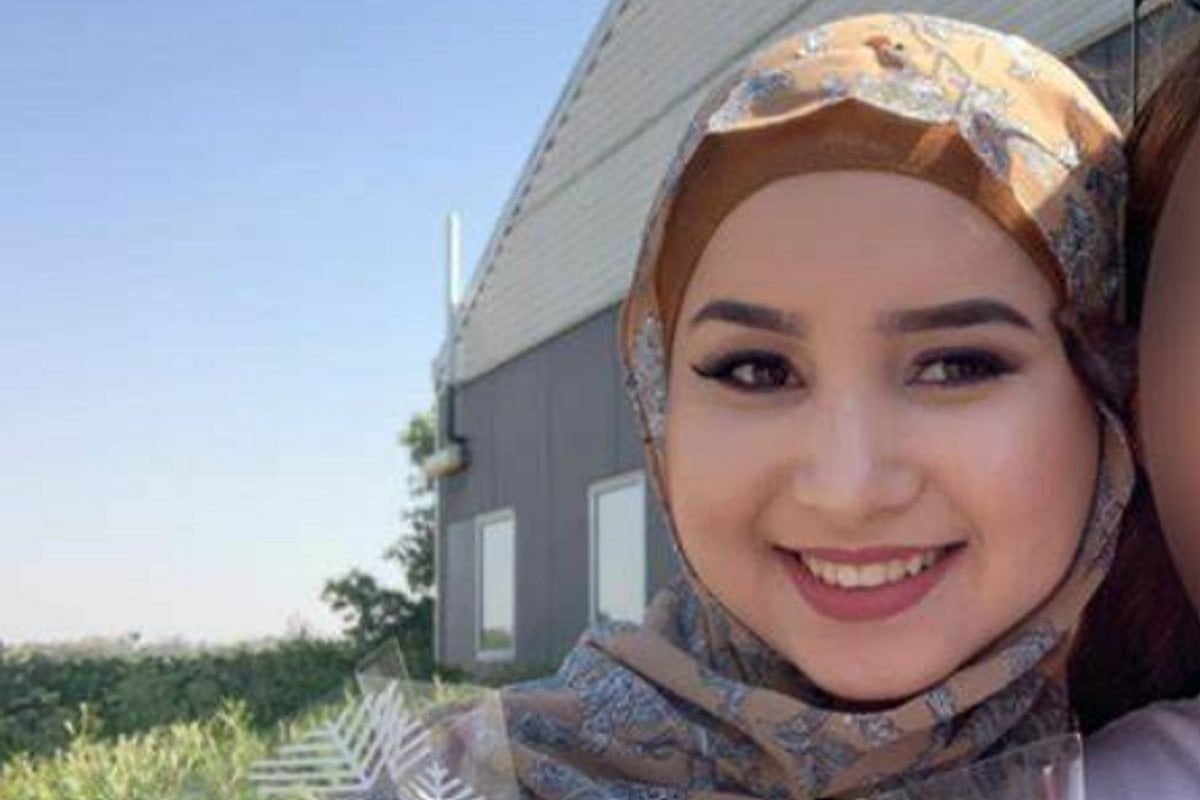
Content warning: This story discusses violence against women.
Ruqia Haidari was just 15 years old when she was first forced to marry a man she didn't love.
The marriage was arranged by Ruqia's mother, Sakina Muhammad Jan, but ended in divorce five years later.
After fleeing the Taliban, Ruqia's family became part of the Shepparton Afghan Hazara community in Victoria, where traditional beliefs are strongly upheld.
One such belief was that divorce brought shame on a family. Ruqia was now deemed a "bewa" by her community, meaning she was no longer of value, particularly to future potential husbands.
Watch: 6 Signs Of People Who Have Been Abused. Article continues after the video.
Despite her daughter's poor "prospects for marriage", Ruqia's mother began a desperate search for a new husband for her.
It was Sakina's obsession with restoring her daughter's reputation, that led to the introduction of 25-year-old Perth man, Mohammad Ali Halimi, to her 20-year-old daughter.
A mutual friend and "matchmaker" arranged for Halimi to fly to Shepperton to meet Ruqia, spending just half an hour alone with her before their engagement was confirmed by her family.
The next time Ruqia laid eyes on her future husband was at their "nikah", an Islamic religious ceremony to confirm their marriage.




























































































